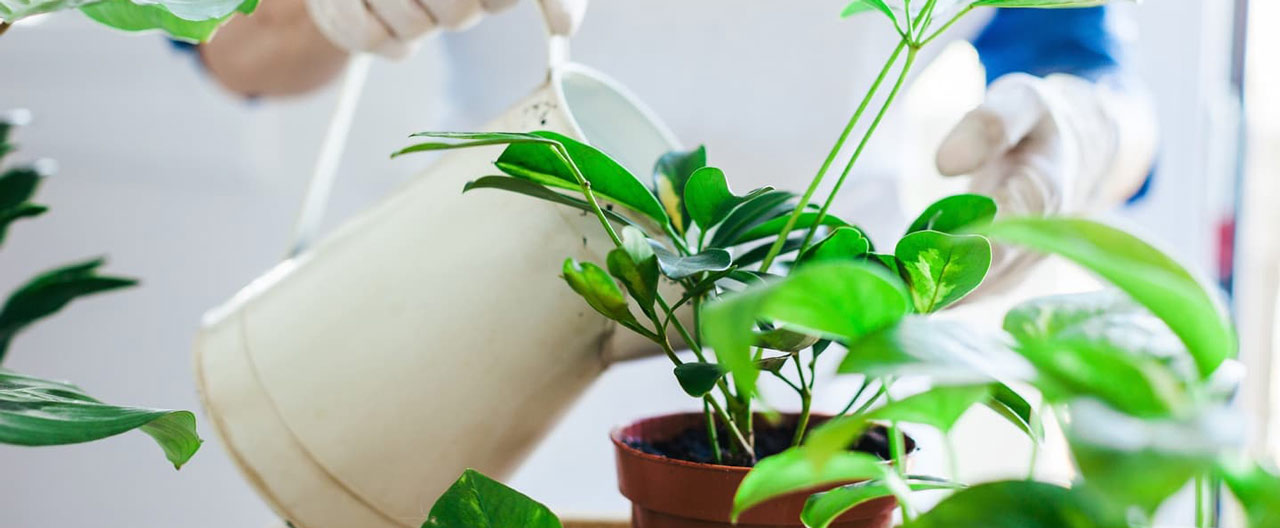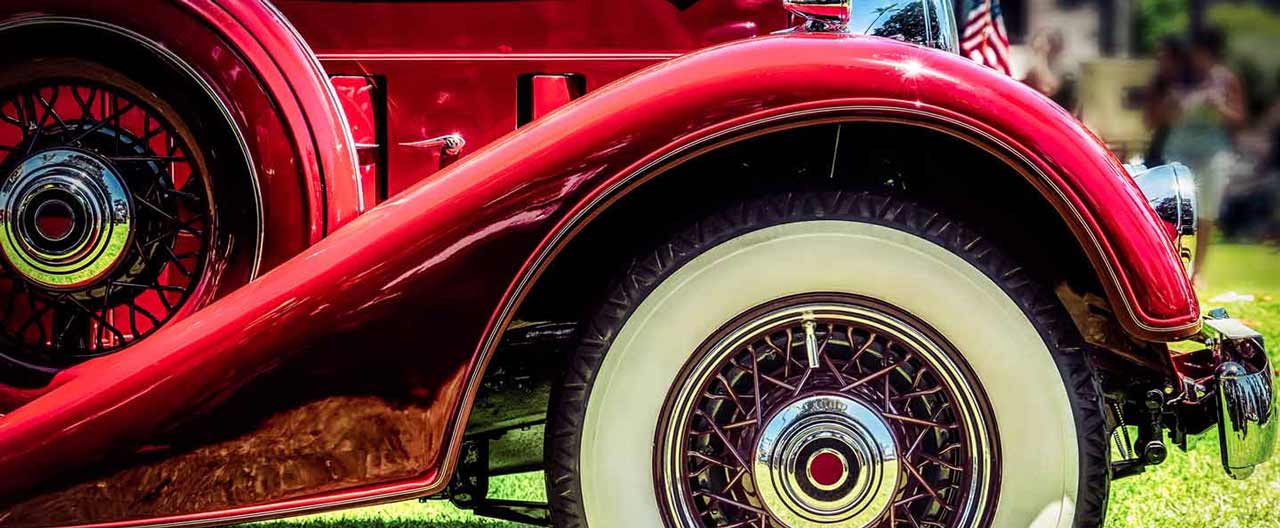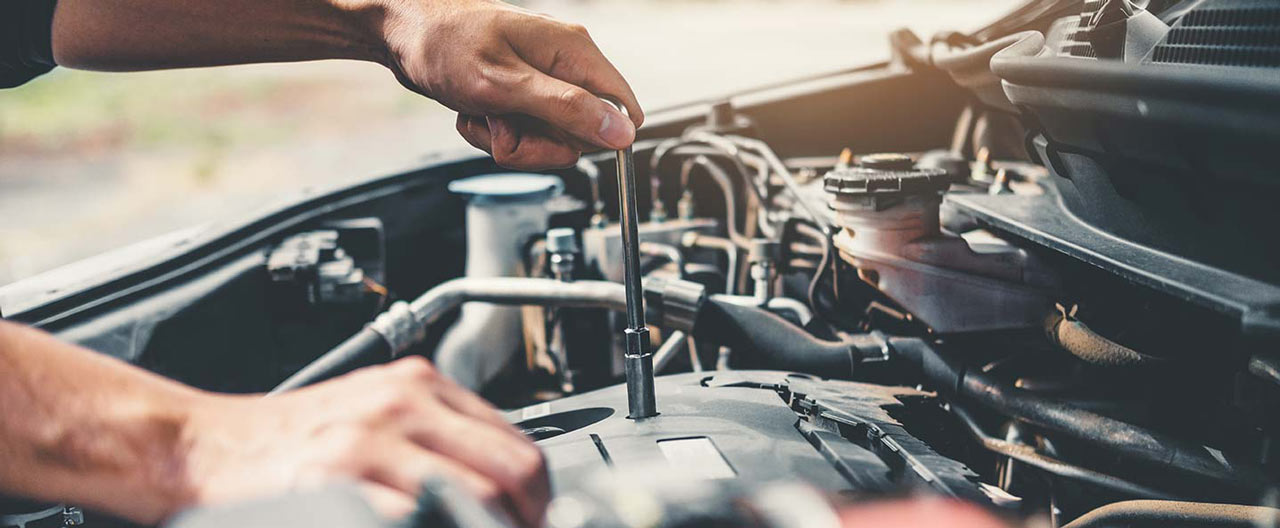- Individuals & Families
- Businesses
- Brokers

With winter on its way out, you may be ready for some spring cleaning.

Make sure you protect your classic cars from damage or additional wear and tear.

Keep your important papers and small valuables away from burglars, fire or natural disaster.

For over a hundred years, we’ve offered unparalleled stability and protection for small boats, yachts, luxury mega-yachts, and more.

Here are some things you can do to assist firefighters and minimize the damage to your home.

At their worst, disputes between professional service firms and their clients can lead to costly lawsuits.
While we often think about changing the oil or other car maintenance that needs to be done after driving a certain number of miles, leaving your car sitting more than normal can also lead to issues and large repair bills, unless you maintain your car’s systems. By taking the following steps, you can help protect your investment, so it continues to perform well for years to come.
- Don’t let it sit too long. Try not to let your car sit longer than two weeks before taking it out for a spin. Run the engine for at least 20 minutes at a time.
- Keep the battery charged. If your car sits for too long, the battery may not be operating at full capacity. If you know you don’t be driving it for a week or more, consider plugging the battery into a trickle charger, which attaches the battery to a standard wall socket to keep the charge on the battery. This is a great option for high-end sports car owners.
- Top off the fluids. Check and change the oil, transmission fluid, brake fluid and fuel every month. The oil and fuel can separate if the car sits for too long, leading to engine problems. Driving the car regularly helps circulate the fluids and prevents the engine and other mechanicals from drying out.
- Top off your tank. Condensation can accumulate inside the tank if it’s not completely full, causing either rust or further damage to your vehicle.
- Discourage nesting. Keep the interior of your car clean and dispose of any food, snacks or beverages that might have been left behind. Not only will this reduce the risk of unpleasant odours but will also deter mice and rats from making a home in your car. Consider placing a repellent device that emits a noise under your car to keep rodents away. Even if your car is locked, rodents can make their way into the engine, chew belts and wires, and cause all sorts of damage.
- Maintain tire pressure. Check your car’s tire pressure often and keep the tires properly inflated. This will improve your car’s performance and gas mileage and keep you safer on the road. Look for uneven wear and damage that could negate your warranty.
- Make sure your wipers work. When not used, the rubber on windshield wipers can become dry and brittle, impeding your vision when weather turns bad.
- Wash your car frequently. Exposure to elements for long periods of time can take a toll on your car’s finish. Be careful where you park. Sap droppings and bird droppings can cause significant damage, especially if the paint is hot. In addition, exposure to snow and salt in cold climates can also wreak havoc on the under carriage. Handwashing is the best choice, using a mild detergent and separate sponge for wheels and tires.
Insights and expertise



This document is advisory in nature and is offered as a resource to be used together with your professional insurance advisors in maintaining a loss prevention program. It is an overview only, and is not intended as a substitute for consultation with your insurance broker, or for legal, engineering or other professional advice.
Chubb is the marketing name used to refer to subsidiaries of Chubb Limited providing insurance and related services. For a list of these subsidiaries, please visit our website at www.chubb.com. Insurance provided by Chubb Insurance Company of Canada or Chubb Life Insurance Company of Canada (collectively, “Chubb Canada”). All products may not be available in all provinces or territories. This communication contains product summaries only. Coverage is subject to the language of the policies as actually issued.

